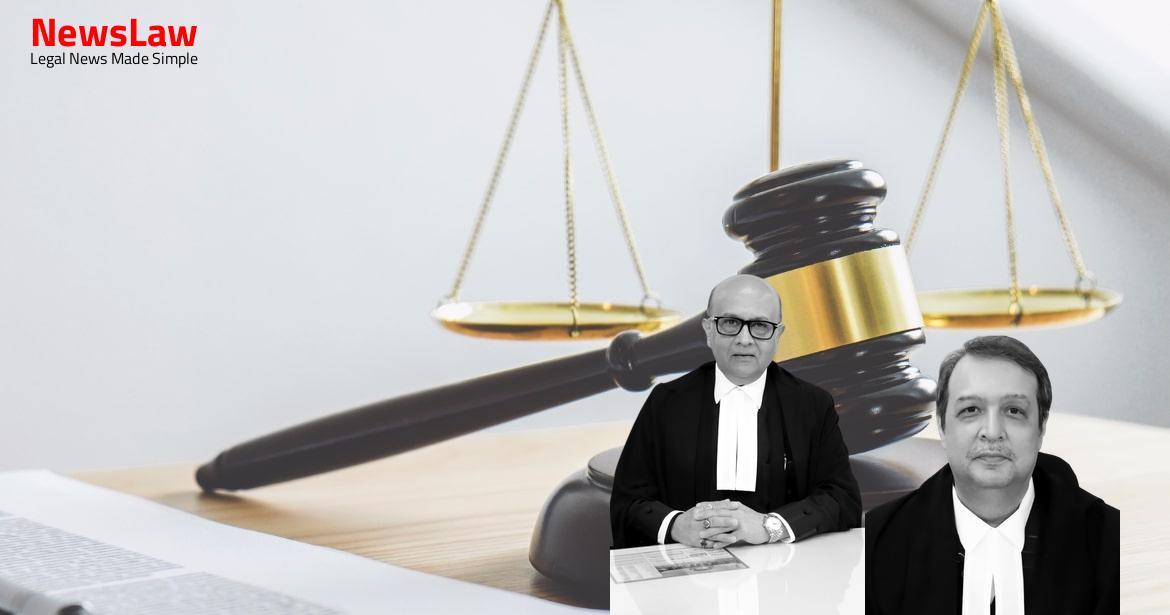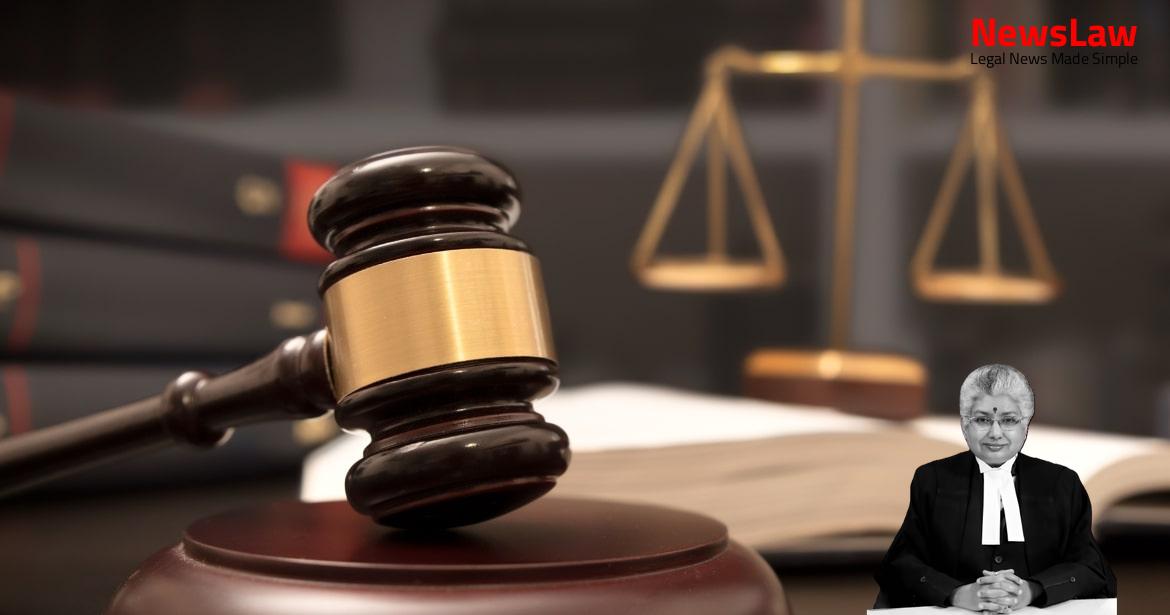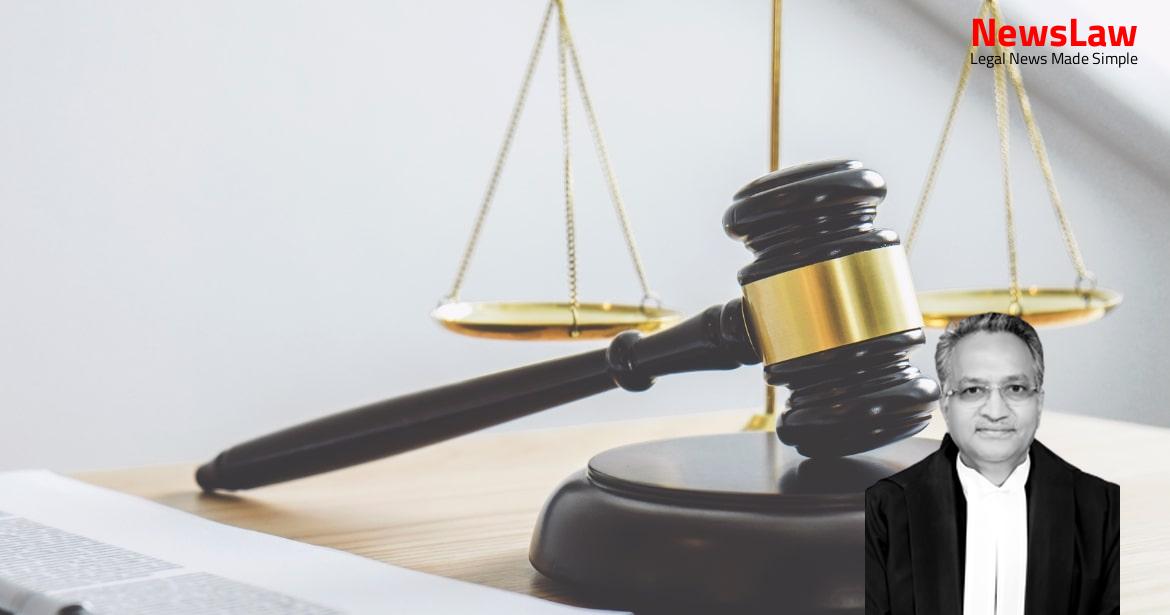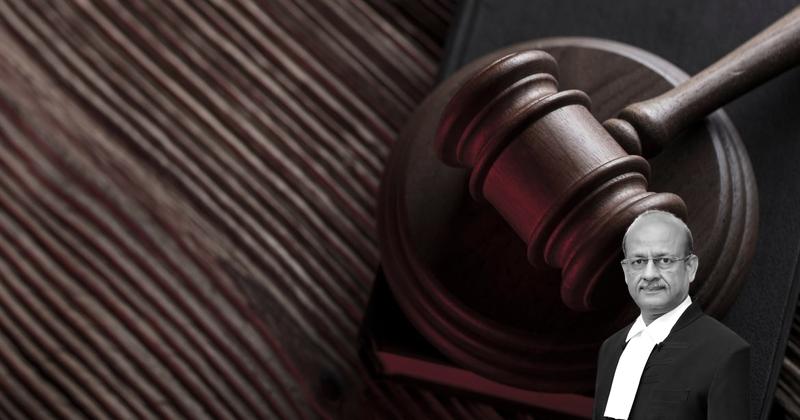In a significant legal development, the Supreme Court of India has delivered a crucial judgement in the case involving Shri Guru Ram Rai University and a college in Uttarakhand. The case revolves around the dispute over fee fixation for undergraduate medical courses, impacting students admitted in 2018. The Court’s decision aims to provide an equitable resolution for the students affected by the fee structure issue. Stay tuned for more details on this landmark judgement.
Facts
- The fee structure prescribed by the nodal agency was subject to the final decision in the pending writ petitions before the High Court.
- The fee for State quota seats was set at Rs. 4 lakhs and for All India quota seats was set at Rs. 5 lakhs.
- The dispute in the case revolves around the fee fixation for an undergraduate medical degree course in a college in Uttarakhand, involving students admitted in 2018.
- The fee originally set when the students enrolled was Rs. 5 lakhs per year for All India quota seats and Rs. 4 lakhs for State quota seats.
- The Uttarakhand Unaided Private Professional Educational Institutions Act of 2006 applies to unaided private professional educational institutions affiliated with state-funded bodies, excluding minority institutions.
- On 4th April 2018, a nodal agency appointed by the State Government prescribed the fee structure for undergraduate medical courses of seven medical colleges, including the college in question.
- The Shri Guru Ram Rai University, governed by a state legislature Act, is the second respondent in the case.
- The petitioners filed writ petitions before the High Court challenging an appellate authority’s order and seeking undergraduate degrees without extra tuition fee payments.
- The Act establishes an Admission and Fee Regulatory Committee to determine fees for admission to professional courses of private institutions and an appellate authority to hear appeals against the committee’s orders.
- Principal of the third-respondent college appealed against the committee’s decision on fixing fees for undergraduate medical degree course.
- Appellate authority affirmed the fee structure for academic year 2018-2019.
- High Court rejected a prayer to stay the order and directed petitioners to deposit fees in three equal installments.
- College principal sent letters asking petitioners to pay outstanding fees as per revised fees fixed by the committee and affirmed by appellate authority.
- Admission and Fee Regulatory Committee fixed fees for academic years 2019-2022 for All India and State quotas.
- High Court directed petitioners to deposit fees in nine equal installments.
- Admissions were allowed by High Court with fee collection subject to final outcome of Writ petition.
- Impugned order of High Court admitted the Writ Petitions on 26 August 2024.
- Counsel stated that on payment of first installment, provisional certificates for degree completion would be issued to petitioners.
- Order in SLP requested expeditious disposal of pending Writ Petition.
Also Read: Anticipatory Bail Application in Different Cases: Landmark Judgment by the Supreme Court of India
Arguments
- The figure presented to the court is inclusive of the security deposit of Rs three lakhs which has been adjusted.
- Two installments were paid in compliance with the court’s order dated 28 April 2023.
Also Read: Supreme Court of India Dismisses Writ Petition on Arms Export to Israel
Analysis
- It is common ground that the petitioners have paid approximately Rs 34 lakhs per student for the All-India quota seats and approximately Rs 28 lakhs per student for the State quota seats.
- The fees paid by the petitioners are significantly high for both quota seats.
- The disparity in fees between All-India quota seats and State quota seats is evident, with All-India quota seats being more expensive.
- The high fees paid are an important aspect of the analysis in this case.
- Direction required for students who completed undergraduate medical studies and internship but cannot pursue medicine or higher studies without it.
- Students should not be left without guidance for their future.
- Equitable interim order needed to allow students to obtain original documents for postgraduate studies and medical practice.
Also Read: National Task Force for Healthcare Safety: Ensuring Dignity and Protection for Medical Professionals
Decision
- Petitioners must deposit Rs 7.50 lakhs each with the second and third respondents for return of original documents
- Interim order of High Court modified with conditions
- Petitioners to file undertaking for balance amount if required
- High Court did not comply with earlier order for early resolution
- Pending applications disposed of
Case Title: SAHIL BHARGAVA Vs. STATE OF UTTARAKHAND (2024 INSC 699)
Case Number: SLP(C) No.-019953 – 2024



